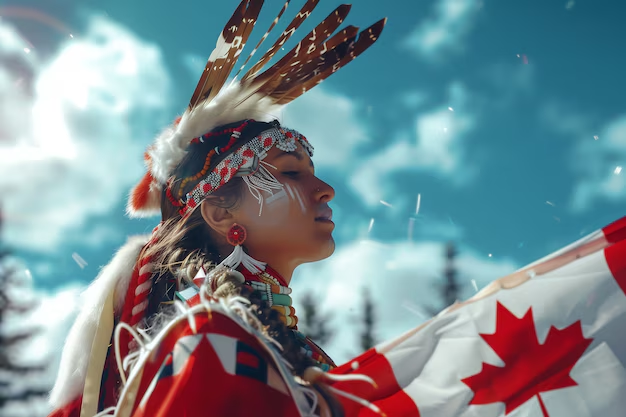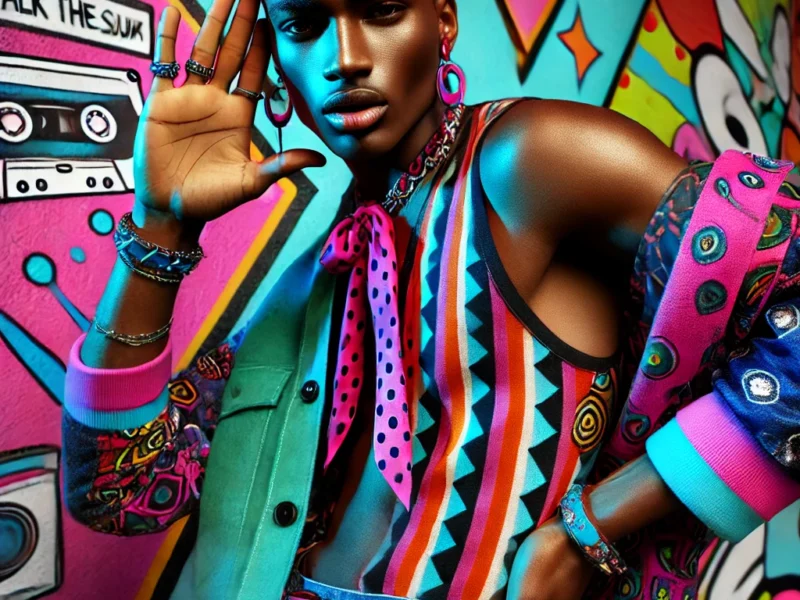Canada is a diverse nation, with a rich tapestry of canada culture and traditions that reflect the country’s dynamic history and welcoming spirit. From Indigenous roots to the multiculturalism of today, Canadian culture is a beautiful fusion of people, traditions, and values. This article takes a deep dive into the heart of canada culture and traditions, highlighting key aspects that make the country unique while fostering trust in its authenticity and excitement for the vibrant Canadian way of life.
Embracing Diversity: The Core of Canadian Ientity
Canada is often celebrated as a model of multiculturalism. One of the country’s most defining cultural attributes is its welcoming nature toward immigrants from all over the world. Since the 1970s, multiculturalism has been officially enshrined in Canadian policy, creating a society where diversity is not just accepted but celebrated.
The culture of inclusion is reflected in the festivals and celebrations observed throughout the year. Major cities like Toronto, Vancouver, and Montreal host festivals that celebrate Chinese New Year, Diwali, Ramadan, and Hanukkah, in addition to the traditional Canadian holidays like Thanksgiving and Canada Day. This multicultural approach makes Canada a living example of how different cultures can co-exist harmoniously. For a broader comparison, you can explore the article on [United State Culture and Traditions] to see how diversity is celebrated across North America.
Indigenous Roots: A Culture of Resilience and Connection to Nature
Before European settlers arrived, Indigenous peoples, including the First Nations, Inuit, and Métis, were the sole inhabitants of Canada. Their deep connection to the land, spirituality, and traditions continues to shape canada culture and traditions identity. Many traditional practices, from powwows to storytelling and art, continue to be celebrated and passed down through generations, offering insight into Indigenous history and their profound respect for nature.
The Truth and Reconciliation Commission’s work has been instrumental in bringing awareness to the history and the ongoing impact of colonization on Indigenous communities. This commitment to reconciliation and the preservation of Indigenous cultures demonstrates Canada’s respect for its original inhabitants and the importance of integrating these traditions into the larger national identity.
French and British Heritage: The Foundation of Modern Canada
Canada’s unique blend of French and British influences stems from its colonial history. Quebec remains the heart of French-Canadian culture, where French is the official language and traditions like La Saint-Jean-Baptiste are proudly celebrated. The region has its own rich artistic, literary, and culinary traditions, with its history visible in the beautiful architecture of Old Montreal and Quebec City.
British influence, on the other hand, is still visible in Canada’s political system, language, and legal frameworks. The constitutional monarchy, with the British monarch serving as the symbolic head of state, is a lasting legacy. Celebrations like Victoria Day serve as a nod to Canada’s British roots.
Festivals and Celebrations: A Cultural Mosaic
Canada culture and traditions calendar is packed with festivals that reflect its cultural mosaic. Every year, the country celebrates its diversity with pride and enthusiasm. Canada Day, celebrated on July 1st, is a day of unity, patriotism, and fireworks, bringing Canadians together from coast to coast. Another uniquely Canadian tradition is Thanksgiving, held in October, marking the end of the harvest season and reflecting gratitude for the bounty of the land.
Canada’s cold winters give rise to spectacular winter festivals, like the Winterlude in Ottawa and the Carnaval de Québec, which feature ice sculptures, winter sports, and traditional foods like maple taffy.
Hockey: A National Passion
Few things are as synonymous with Canada culture and traditions as hockey. This sport transcends regional, linguistic, and cultural differences, uniting Canadians in their love for the game. Whether it’s at a professional level with the NHL or at local community rinks, hockey is an essential part of Canada’s identity. The legendary Hockey Night in Canada is a time-honored tradition where families and friends gather to cheer on their favorite teams, reinforcing the sense of community that hockey brings.
Maple Syrup: A Taste of Canada’s Natural Bounty
Canada is the world’s largest producer of maple syrup, a delicacy that has become a national symbol. Indigenous peoples were the first to harvest sap from maple trees, a tradition passed down through generations. Today, maple syrup is not just a sweet treat but a symbol of Canadian heritage and craftsmanship. Sugaring-off parties, where communities gather to boil sap into syrup, are a beloved tradition in regions like Quebec and Ontario during the spring thaw.
Language: A Bilingual Nation
Canada’s official bilingualism is another defining feature of its culture. Both English and French are recognized as official languages, with bilingual signs, government services, and media being available across the country. This commitment to bilingualism, particularly in government and education, promotes a culture of inclusivity and respect for Canada’s dual linguistic heritage.
Arts and Music: A Creative Landscape
Canada culture and traditions contributions extend far beyond its history and traditions. It has produced world-renowned artists, musicians, writers, and filmmakers. From literary giants like Margaret Atwood to global music sensations like Drake and Céline Dion, Canadian talent shines on the world stage.
Artistic festivals like the Toronto International Film Festival (TIFF), the Montreal Jazz Festival, and the Stratford Shakespeare Festival are global cultural highlights, showcasing the creative spirit that thrives in Canada. Indigenous art also continues to be celebrated, with artists like Norval Morrisseau and Emily Carr gaining international recognition for their work.
Canadian Cuisine: A Blend of Flavors
Canadian cuisine is as diverse as its population. While dishes like poutine and butter tarts may be iconic, Canadian food culture is heavily influenced by the country’s multicultural makeup. From the vibrant food scenes in Toronto, with its fusion of flavors from around the globe, to fresh seafood on the East Coast, Canadian cuisine is a celebration of regional ingredients and global influences.
Frequently Asked Questions about Canada Culture And Traditions
1. What are the main canada culture and traditions?
Canada’s traditions range from Indigenous practices, such as powwows and storytelling, to colonial influences like celebrating Thanksgiving and Canada Day. Other unique traditions include sugaring-off parties and hockey-related rituals.
2. What is the importance of multiculturalism in Canada?
Multiculturalism is a core value in Canada, enshrined in law since the 1970s. It allows for the peaceful coexistence of various cultures, making Canada one of the most diverse countries in the world.
3. How does Canada celebrate its Indigenous heritage?
Canada honors its Indigenous heritage through various means, including national recognition of Indigenous culture and history, support for Indigenous art and storytelling, and efforts toward reconciliation.
4. What food is Canada known for?
Canada is known for dishes like poutine, butter tarts, and maple syrup. Its cuisine also reflects its multicultural makeup, featuring a wide variety of global influences.
5. How is Canada’s bilingual nature reflected in its culture?
Canada’s bilingualism is evident in government services, education, and media. Both English and French are official languages, with strong representation in Quebec and other bilingual regions.
Conclusion:
Canada culture and traditions landscape is vast, diverse, and full of pride. It is a country that embraces its Indigenous roots, celebrates its immigrant communities, and honors its French and British heritage. This blend of traditions, languages, and values creates a uniquely Canadian identity that is ever-evolving and inclusive.
By acknowledging and celebrating the diversity within its borders, Canada has cultivated a culture of harmony, respect, and unity, making it a shining example of how traditions can come together to form a beautiful mosaic



